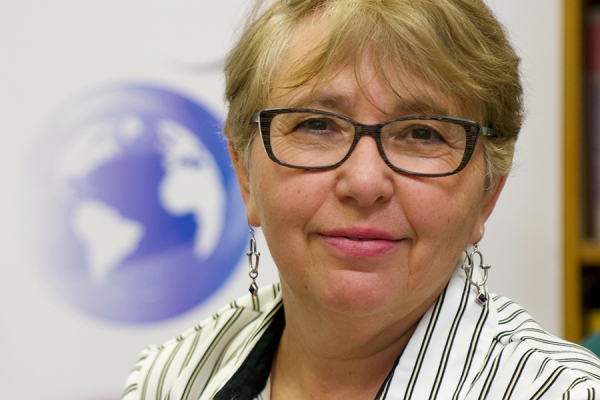With years of data and a wealth of publications, Tanya Basok, associate dean of research in the Faculty of Arts, Humanities and Social Sciences, has become an authority on the experiences of migrant agricultural workers and has leveraged her research knowledge as an expert witness in court cases fighting to protect their rights.
"Many workers fear that if they complain about working conditions or treatment by employers, they will lose their livelihoods," Dr. Basok says. "Social science researchers can use data to draw attention to these issues and leverage their power to help vulnerable workers."

Tanya Basok has provided expert testimony in court to defend the rights of migrant workers.
To ensure her testimony focuses on research and data rather than her personal beliefs, she undergoes mock cross-examinations in preparation for court appearances.
"It can be quite alarming to face an aggressive government lawyer, especially ones who depict you as a radical activist and refuse to recognize the validity of your research findings," she says.
Basok is optimistic about the role social scientists can play in protecting the rights of marginalized groups and addressing social issues.
"Researchers have within their reach the power to engage with real-world problems and furnish evidence-based research that has the potential to influence policy and bring about broader social change," she says.
Learn more in the full article, "Translating research to legal evidence," published in the Research and Innovation in Action report.










